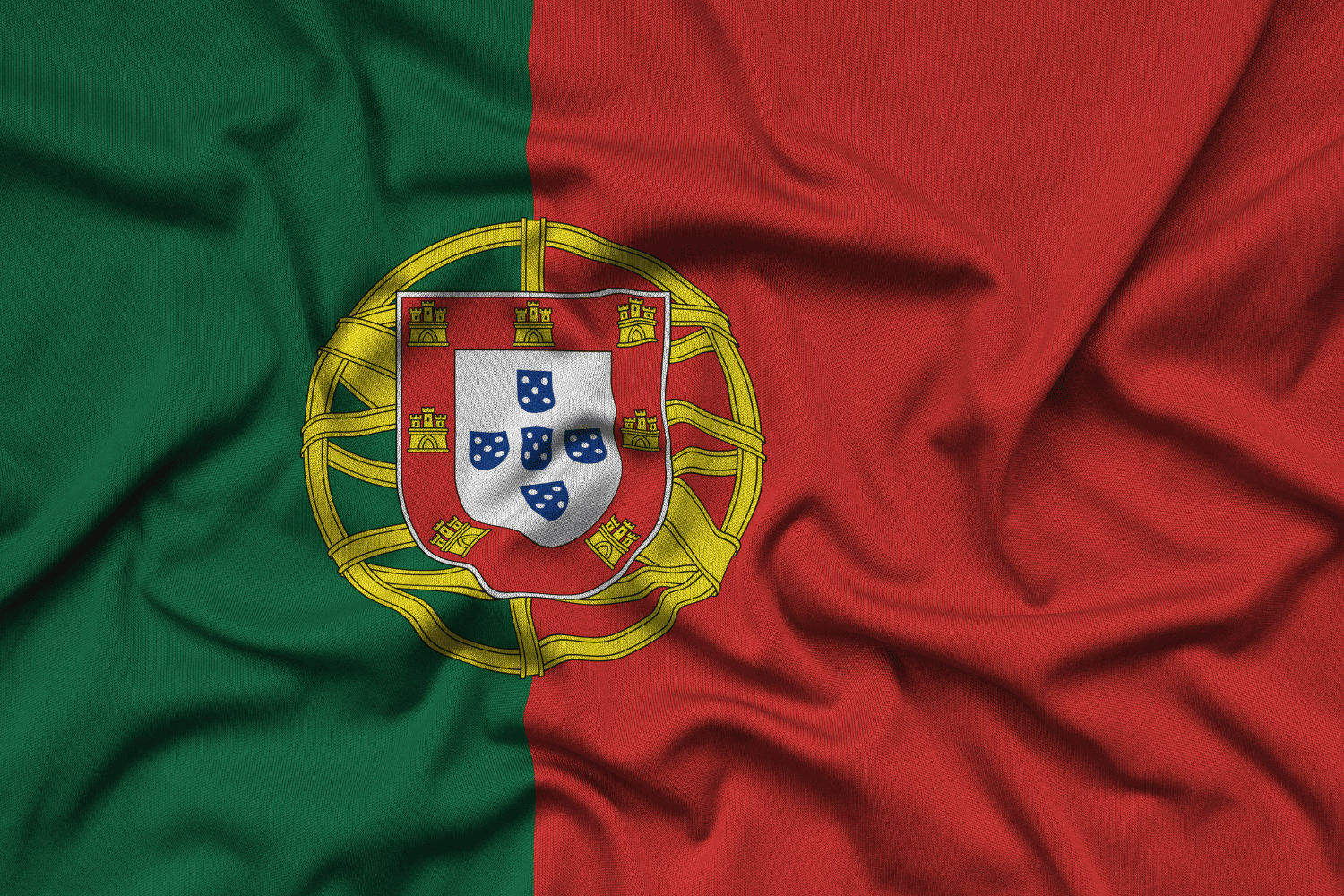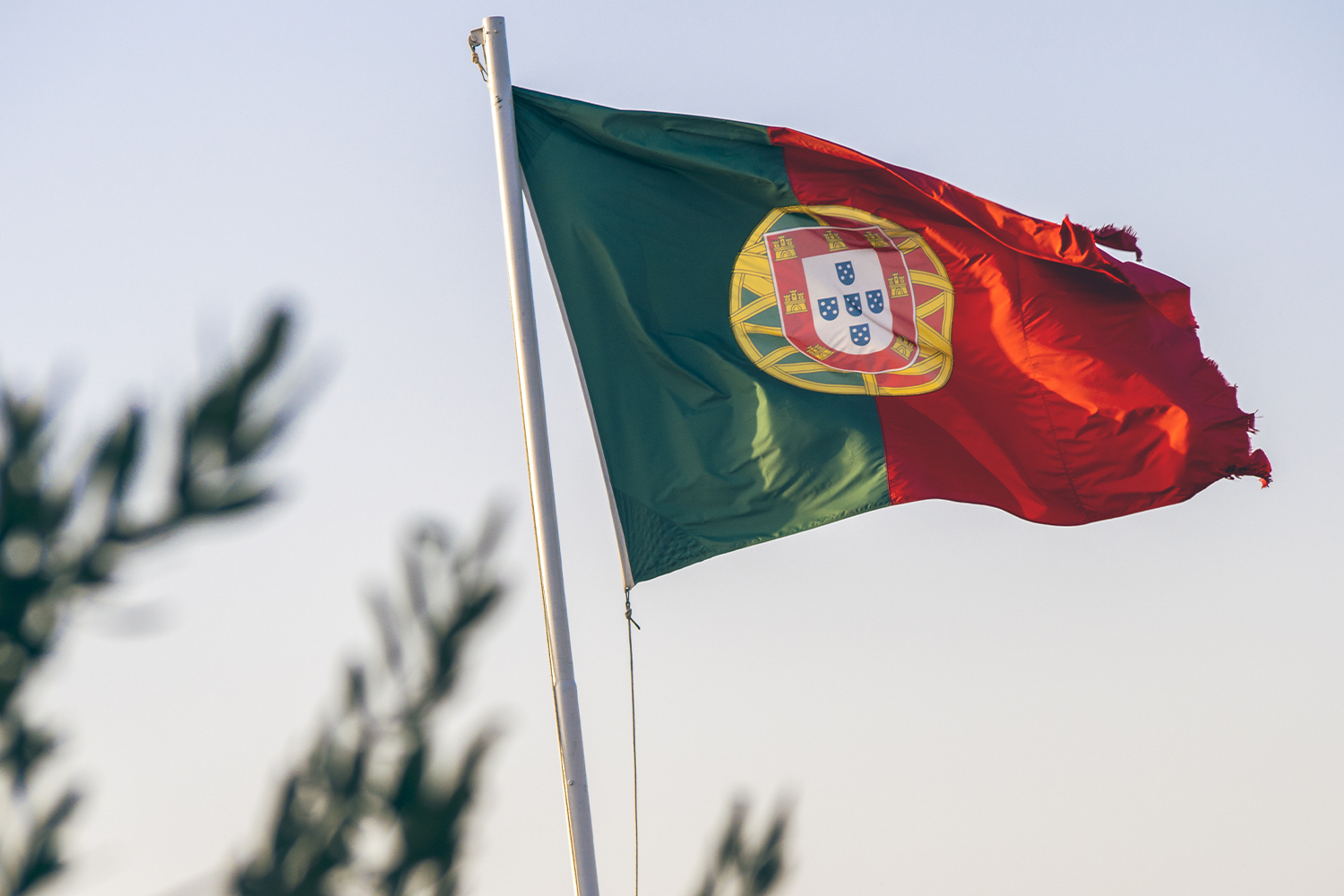Oliveira Ledo Family: from brick making to the colonization of Paraíba

If it is rare for a Brazilian to not know a member of the Silva family, the same is true for people who carry the surname Oliveira, third most common in Brazil and sixth in Portugal. Almost 4 million Brazilians sign Oliveira, but not all are from the same family. As for the Ledo, it is a less large family, but the union with the Oliveira, in Brazil, gave rise to one of the most traditional families in the Northeast, especially in Cariri in Paraíba.
Os Oliveira
According to scholars, the surname Oliveira has a toponymic origin, adopted by the people who occupied Paço de Oliveira, in the parish of Santa Maria de Oliveira, on the banks of the river Ave, in the region between the Douro and the Minho (northern Portugal), where, since the beginning of Portugal, olive oil is produced.
Another line of research defends a more remote origin of the surname Oliveira, according to which the family was descended from ancient Roman aristocrats of the gens Olive. Besides that, the surname has a strong Jewish connection, being used even before the Iberian Inquisition.
HERE YOU CAN START BUILDING YOUR GENEALOGICAL TREE.
Unlike the Portuguese (or Roman) Oliveira family, the Oliveira family that would descend from the Levi tribe, of the Hebrew people, was founded by Rabbi Rabbi Abraham Benveniste, who was born in 1433 in the city of Soria, in the province of Cáceres, in the Kingdom of Spain. He was a direct descendant of Rabbi Zerahiá ben-Its'haq ha-Levi and Gerona, who lived in the 12th century and was called ha-Its'hari, or Its'hari, because his genealogy goes back to the children of Its 'har, who was uncle to the prophet Moshe Rabenu.
Like the other Oliveira family, this group would have adopted the surname as a way of remembering olive oil, in this case with an inspiration in the Jewish religion, as it was used to anoint the Levite priests.
In addition, the surname Oliveira was adopted by countless Jews in the period of the Iberian Inquisition when they became new Christians, that is, when forced to Christian baptism.
Ledo Family
The name Ledo (or Lêdo) comes from a medieval adjective of Latin origin (“bond”) Which means happy, laughing, happy. Although it fell out of favor in the Middle Ages, it would have already been adopted as a nickname and, over time, as a surname by descendants of the first people to be known as "ledos".
Os Oliveira Ledo in Brazil
In the 16th century, a Portuguese potter (manufacturer of bricks and tiles) named Bartolomeu Lêdo, son of Antonio Lêdo and Ana Cassanoba, who according to some researchers was Jewish, settled in Olinda, Pernambuco, where he married the mameluca Ana Lins, daughter of the young Christian German Roderich Linz (Rodrigo Lins) with the indigenous Pernambuco Felipa Rodrigues.
During the visitation led by the Inquisitor-Major Heitor Furtado de Mendonça, a new Christian arrested for the practice of Judaism called Beatriz Fernandes, denounced Ana and Bartolomeu as practitioners of Judaism, which led to the summons of the potter and his wife. Together with Bartolomeu, the mameluco Manoel de Oliveira was also summoned, who according to researchers such as Antonio Pereira de Almeida and Tarcízio and Martinho Dinoá Medeiros, were the origin of the Oliveira Lêdo family that inhabited the Cariri of Paraíba.
HERE YOU CAN START BUILDING YOUR GENEALOGICAL TREE.
Severino Barbosa da Silva Filho, on the other hand, states that Bartolomeu Lêdo and Manoel Oliveira would have accompanied the Matias de Albuquerque regiment in 1635 to Bahia, after the Dutch invaded Recife. From there, the descendants would have crossed São Francisco and settled in Paraíba, like the brothers Custódio and Antônio de Oliveira Lêdo, from whom the founders of the main cities of Cariri in Paraíba, such as Cabaceiras and São João do Cariri, descend.
The ancestry of Bartolomeu Lêdo and Ana Lins was perpetuated among the main families in the region. Through countless marriages, branches such as Barros Leira, Cruz Oliveira, Faria Castro, Rodrigues de Oliveira, Pereira Pinto, Vieira Rodrigues, among others, emerged.
Important to remember: Last names are indications, but they do not determine whether or not you are descendants of Sephardic Jews. To prove this link, a genealogical study is really necessary.

Nationality Process Monitor in Portugal – October 2025
In October 2025, Martins Castro continues to closely monitor Portuguese nationality processes, which continue to face deadlines […]

Portuguese nationality through the Sephardic route: what is in force and what may change in October
The proposed legislative amendment that could end the granting of Portuguese nationality based on Sephardic ancestry has not yet been voted on. […]

Portuguese Parliament approves new version of the Foreigners Law; Nationality Law still awaits vote
The Portuguese Parliament approved a revised version of the Foreigners Law on Tuesday (September 30). The measure was necessary after […]